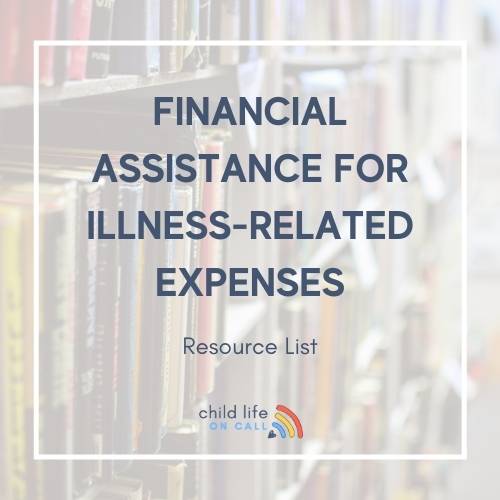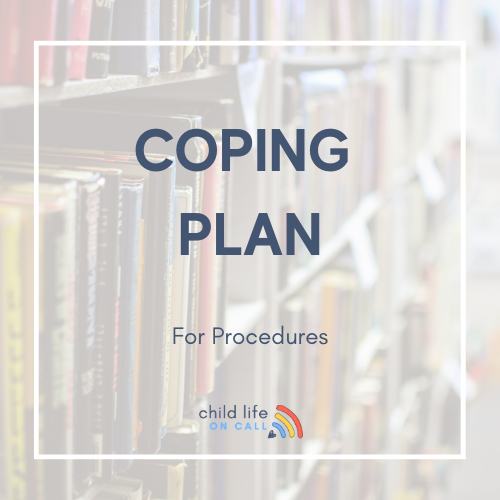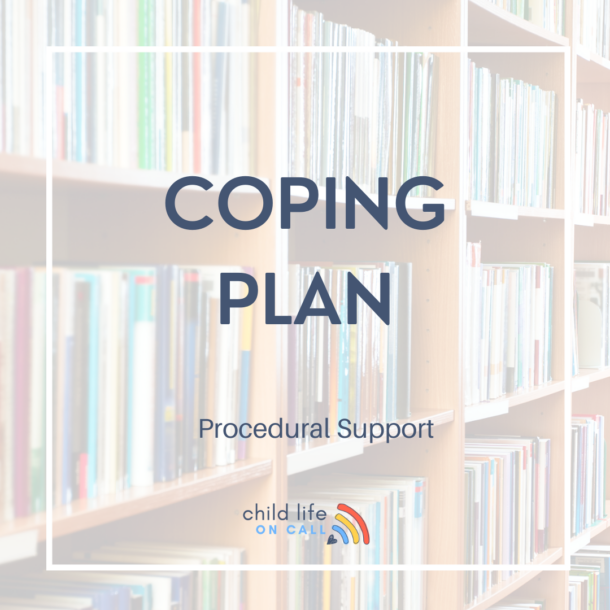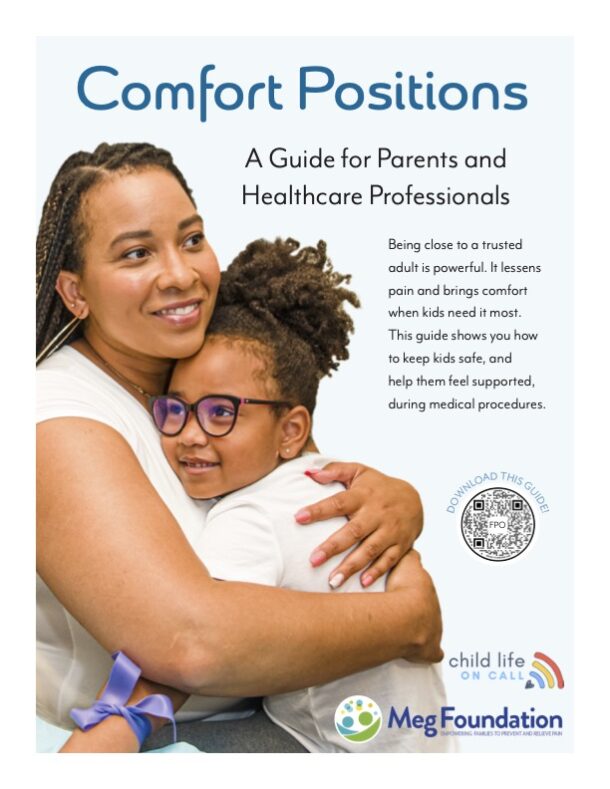By Katie Taylor, CCLS
Wait times usually go hand in hand with doctor offices, hospitals and procedures. Whether it’s expected or not, it still an incredibly difficult part of the process.
One time as I was preparing a child for surgery, one of the nurses let the family know that their surgery start time would be bumped. While hearing there is a delay is never ideal, it is the reality in hospitals. When the information is delivered timely and honestly, most families understand and sympathize with the staff.
This particular delay was due to an emergency, but the nurse did not want to scare the family and so they didn’t want to tell them the reason why. However, after about thirty minutes, the family began to become upset, rightfully so. Their child was hungry and becoming restless in a small room. They didn’t know how long this delay would last and the open-ended delay felt overwhelming during an already anxiety-provoking experience.
The nurse and I decided together that it wasn’t important to tell the family why there was a delay and to create a “check-in” system every 20 minutes to make sure they had an update. The family responded sympathetically to the emergency and realized, “if that were my kid, I’d want them to go first.” The 20-minute check-in also helped significantly, because the family was able to compartmentalize waiting for 20-minutes, not indefinitely.
Delays happen often and are usually out of control of the care team, but they do cause stress on families for a variety of reasons. The child receiving surgery is not allowed to eat or drink which can cause anyone to become hangry. The delay may result in the parent being late to work or unable to pick up another child from school.
As soon as you know something about the delay, tell the family.
Check in often to give updates.
Give some context about why the delay is happening.
Parents, what is the longest you’ve ever waited for something in the hospital? What helped the most?
Clinicians, what else do you do to ensure families have all the information they need?













